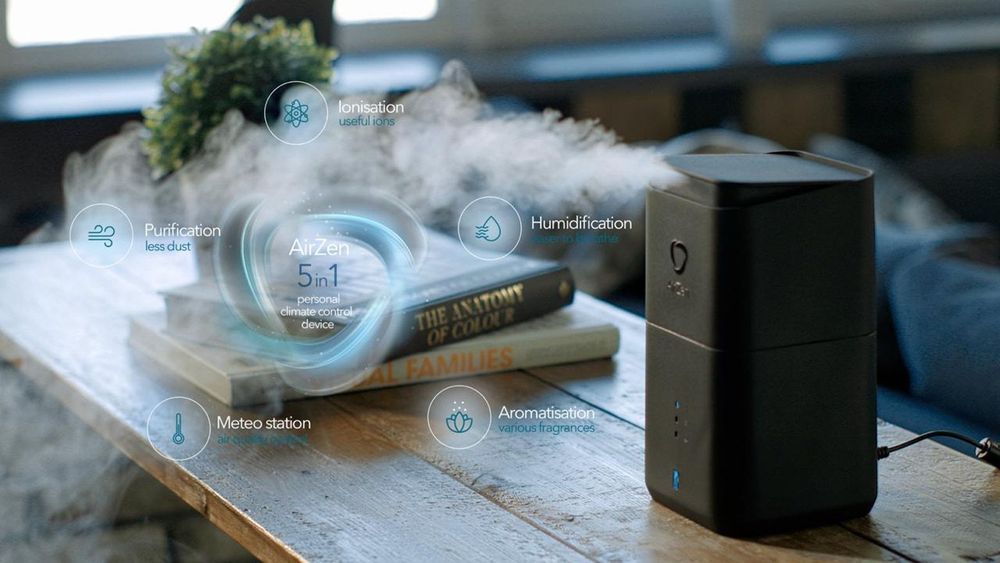Android Q introduces a bunch of new features, while putting protections in place to provide even more transparency and control over your data.



Coffee… mostly, I drink coffee.
A kindergartener once asked me, “why don’t you wear science clothes?” I gathered that she meant a lab coat. Then there is the utter surprise my neighbors show when I tell them—yes—I am on my way to work wearing sandals, shorts and a t-shirt. Take a moment and do a google image search of “scientist”. You have to scroll through several pages before you see a person not wearing a lab coat. So if I don’t wear a lab coat while staring into a beaker as if the colorful liquid inside contained a part of my soul, what do I do all day?






The Plasma Engine market report analysis series and provides a comprehensive insight into the global Plasma Engine channel. It analyses the market, the major players, and the main trends, strategies for success and consumer attitudes. It also provides forecasts to 2024.
Request for Sample Copy of Plasma Engine Market Report at https://www.pioneerreports.com/request-sample/8999
Details of Table of Content of Plasma Engine Market Report are as follows: